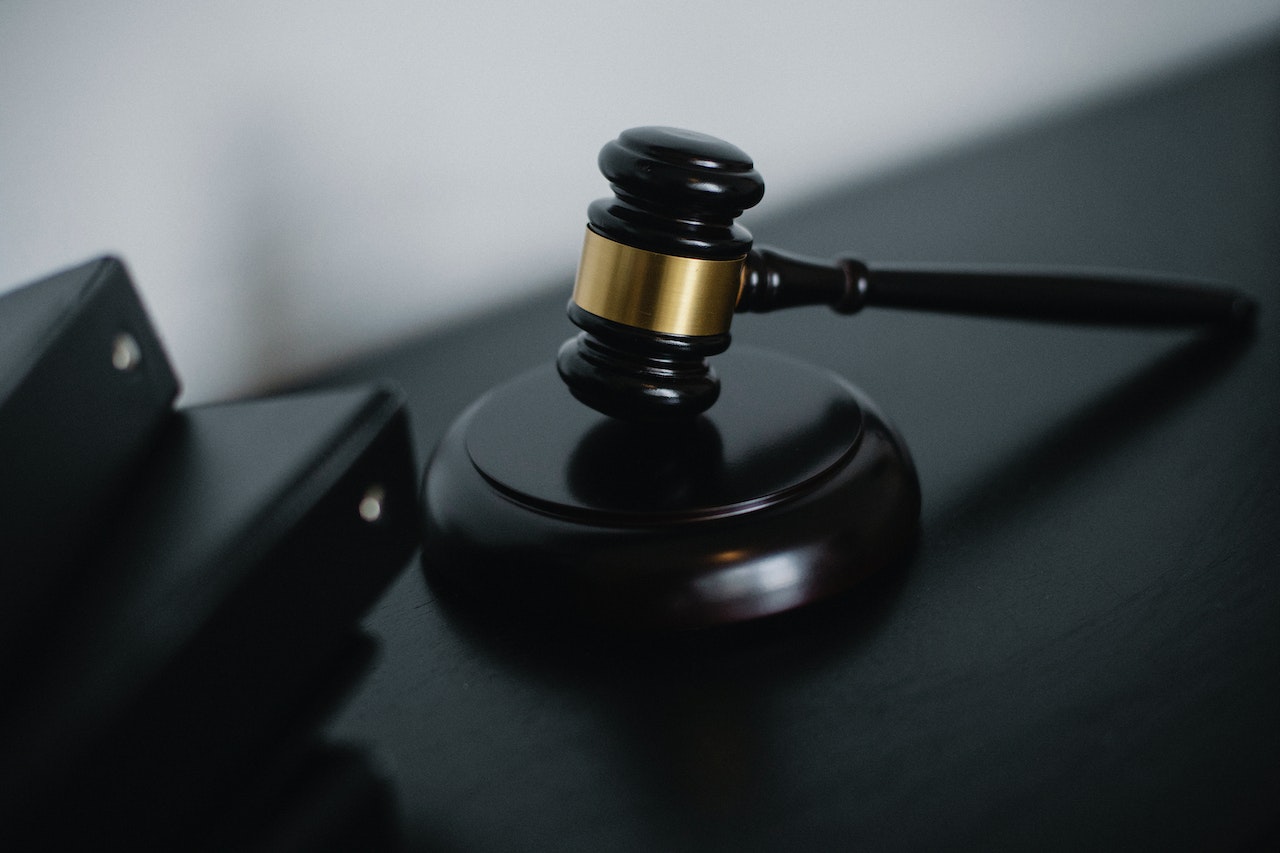Probation revocation is a three-part process: Probation revocation begins when your probation officer files a Violation of Probation Report (VOP) with the court and schedules an appearance before the judge who granted you probation.
At a VOP hearing, it is the prosecutor’s burden to prove you violated probation by “preponderance of evidence,” a lower standard than what would be required during a criminal trial.
Table of Contents
Probation Revocation is a Three-Part Process
Evaluation of a Violation
Judges will first assess whether or not the probation violation warrants an in-court hearing, which typically means reviewing evidence that suggests there has been an infringement on its terms. Unlike criminal trials where each element must be proven beyond reasonable doubt, probation violation hearings tend to rely on a lower standard known as preponderance of evidence and require much less proof than required in criminal trials. A Pittsburgh criminal defense attorney can help defend your rights if allegations that you violated your probation arise.
Also read: “Fake Bank Statement For Apartment Applications: 4 Tips for Tenants and Landlords.”
At this stage, the judge must also determine whether a defendant’s violation was willful or substantial. To reach their determination, they will consider several factors related to the violation, such as its cause and effects on society – for instance revocation may be considered in cases in which someone fails to attend an addiction treatment program that was required as a condition of their probation agreement.
In this case, the court held that a defendant’s failure to complete a sexual offender treatment program was sufficient grounds for revoking their probation as it displayed lack of impulse control and indecision on their part. Furthermore, due to psychosis-induced incapacity for obedience from his or her part.
While court rulings do not always specify why probation should be revoked, it is evident that judicial systems apply heightened scrutiny to violations committed by those on probation – especially those belonging to ethnic or racial minorities – who violate terms. Such differences in decisions on revocation decisions could lead to harsher sanctions such as imprisonment; thus they should be further explored.
Hearing
Probation officers may revoke probation when there is reasonable suspicion that the probationer has violated their terms and conditions of probation. This typically happens if someone commits new crimes, fails to report to their probation officer on time, fails to attend drug abuse programs as promised or otherwise breaches other conditions of their probation, etc. A hearing will then take place with a judge hearing all allegations and helping defend against allegations of violations of any kind.
At an administrative hearing, the prosecutor must demonstrate that an offense occurred by showing preponderance of evidence – this standard of proof is lower than in criminal trials where each element must be proven beyond reasonable doubt.
Criminal defense attorneys can argue that an offense did not occur or did not rise to the level of revocation, as well as show there is not sufficient evidence supporting this conclusion; such as information on participation in treatment programs or positive conduct during probation.
After conducting a hearing, a judge will render their verdict regarding your probation status. They could reinstate it, add terms and conditions or even completely withdraw it; should this occur, any original sentence of incarceration would go into immediate effect.
Failure to follow directions from your probation officer is the primary factor behind its revocation, such as changing jobs without prior consent, traveling outside of the area without authorization or failing to submit to random drug tests. Other violations include committing new crimes or failing to participate in certain counseling programs. Revocation typically leads to imprisonment; however if your probation officer recommends enrolling in a residential drug or alcohol abuse treatment program for example, its duration counts towards serving your sentence should it become necessary – though such programs could potentially save time served should your probation become invalid revocation occurs.
Decision
At this stage, the judge must decide whether to revoke or extend your probation (known as extended supervision, or ESS). At this time, it’s vital that you consult with an attorney knowledgeable about your state’s probation laws – they can vary significantly from region to region and district to district – in order to create an effective strategy to defend yourself and ensure the judge follows any relevant rules of procedure during hearings such as this one.
If the court decides to revoke your probation, new conditions and/or restrictions will be added or taken away, for instance requiring successful completion of SAFP or Cenikor programs as requirements of probation revocation. A hearing before such revocation allows prosecution an opportunity to present evidence proving other probation violations or new crimes committed during your probationary period.
At a probation revocation hearing, the burden of proof is lower than in a trial for new charges; only preponderance of evidence needs to be proven for violation to occur. Your criminal defense lawyer can argue that written findings must be issued outlining why probation should be revoked.
Some courts have interpreted the law in ways that might seem unfair or unreasonable, like when the Supreme Court suggested that it might be unjust to revoke probation if financial conditions of probation can’t be fulfilled; other cases suggested revoking probation could be unfair in such cases as failing to complete mandatory programs due to illness or disability.

